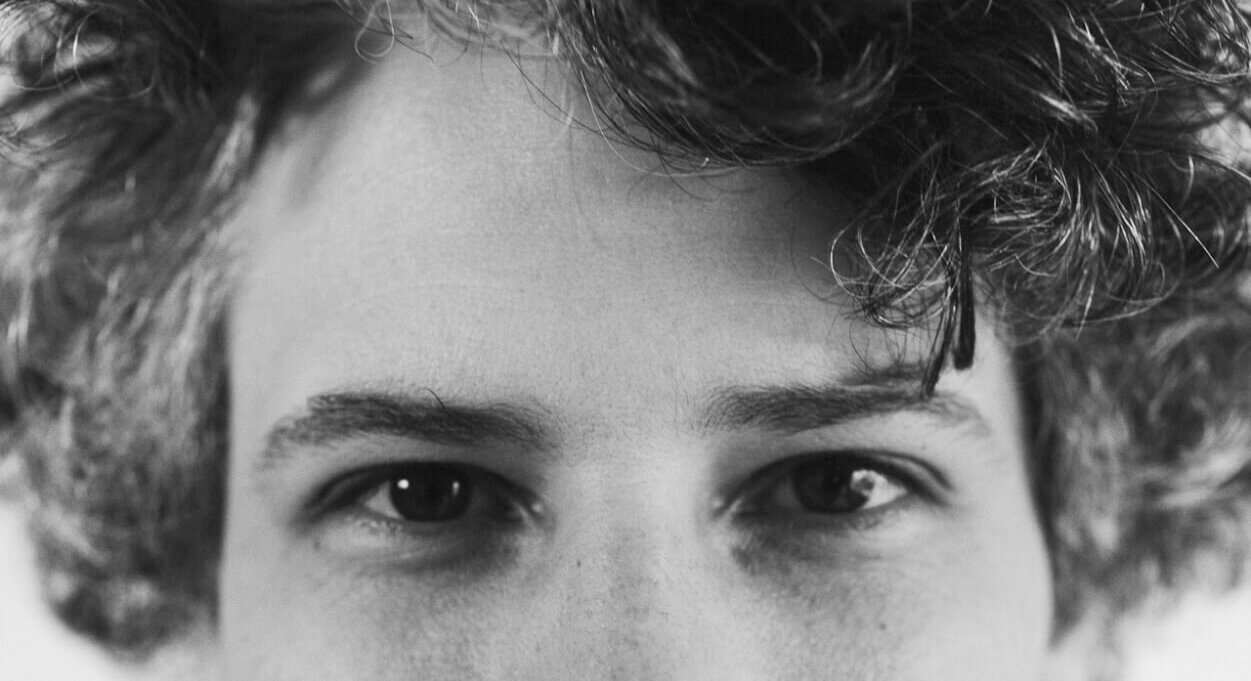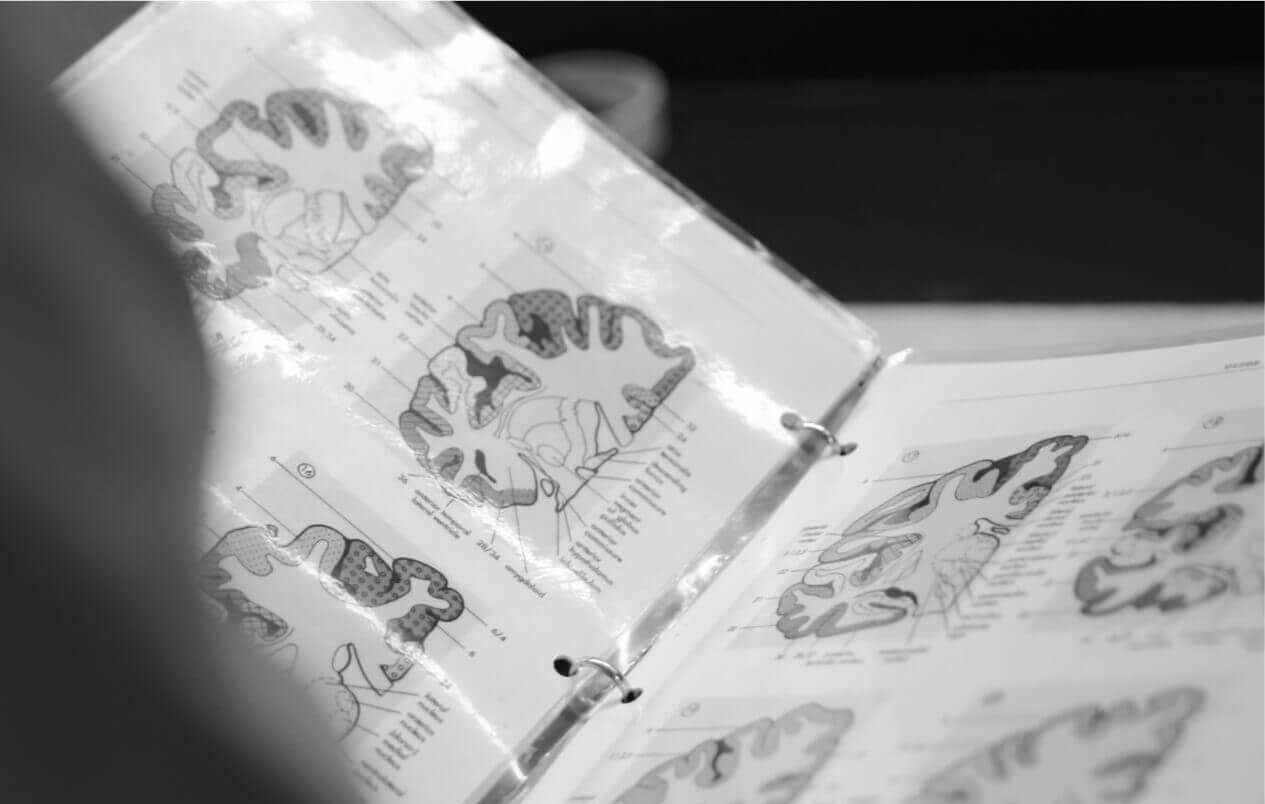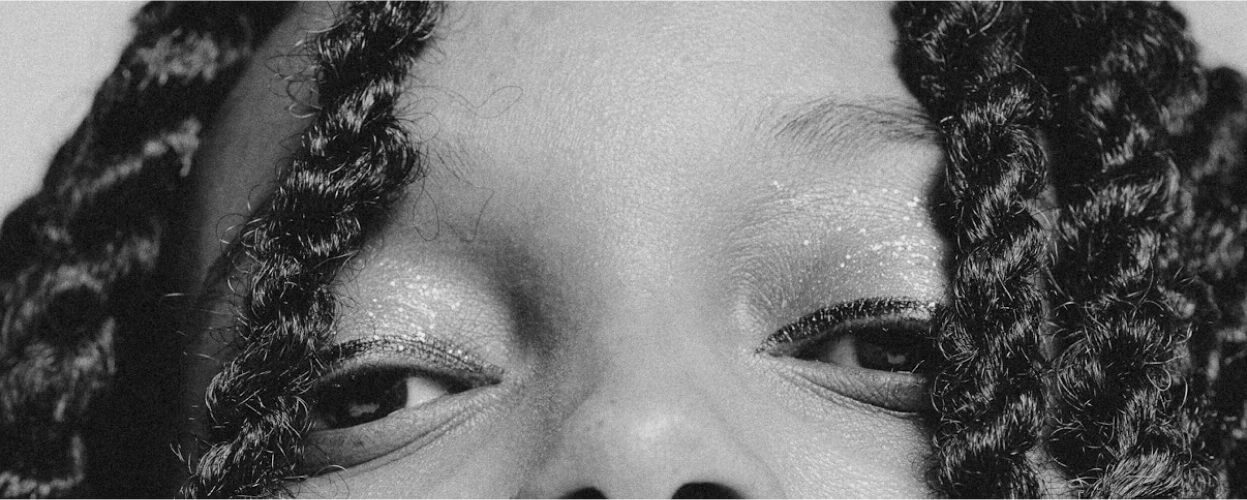Scientists Identify Urgent Need For PD Brain Donation
It’s no secret that scientists these days are coming at Parkinson’s Disease with everything they have—including enhanced brain imaging technologies, advancements in the search for biomarkers and a better understanding of the role played by alpha-synuclein. All complicated and highly sophisticated research. But there is a very simple way that Parkinson’s patients and the people who care about them, who don’t even have the disease, can contribute in a major way to understanding it. This contribution does not cost the individual anything yet it provides what some neuroscientists believe is the most precious resource known to man. It is high-quality human brain tissue, donated upon death and critically needed by researchers to advance the science of Parkinson’s Disease.
The National Institutes of Health (NIH) is now urging the Parkinson’s community to consider making arrangements for brain donation. Beth-Anne Sieber, PhD, oversees Parkinson’s Disease research grants at the National Institute of Neurologic Disorder and Stroke (NINDS/NIH). Put simply, she says, “Brain donation is an incredible gift.” For one thing, post-mortem brain examination is the only way to definitively diagnose many neuro-degenerative diseases, including Parkinson’s. And that’s only the beginning. Dr. Sieber says donated human brain tissue allows for direct study, even single-cell analysis, of the changes that happen in the brain as the disease progresses. It could also help researchers understand how a potential new drug might work. “At the moment, we don’t know if it is hitting the target, as well as what it may do when it gets there,” she added.
But donating your brain can change that. The best way to make plans to donate your brain is to register in advance and talk with your family about it. And there are some misperceptions that need to be addressed. Some people erroneously believe:
- That if they’re signed up to be an organ donor, they are also registered to donate their brain. They’re not – separate arrangements must be made.
- That if they’re donating their body upon death, that includes brain research. It doesn’t – again it’s a separate process.
- That if they don’t have a brain disease, their brain won’t be needed. Also incorrect – control brains are at least as valuable to science.
- That it’s disfiguring. It is not – an open casket is still an option.
- That it may add cost to their end-of-life plans. Not the case – when donating to the brain banks associated with NIH, there’s no additional cost.
The NIH’s NeuroBioBank is the nation’s only federated network of brain banks that accepts diseased as well as non-diseased (or “control”) brains, which are necessary for comparative science. The Brain Donor Project is proud to exclusively support the NeuroBioBank by simplifying the process for brain donation and raising awareness of this critical need.
Please share this message. For the one million Americans who currently have Parkinson’s Disease as well as the 60,000 who will be diagnosed this year, progress can’t happen fast enough. Dr. Sieber reports that while there are other ways to test certain theories about Parkinson’s Disease, research on donated human brain tissue provides unique and crucial evidence for the connection of those theories to actual disease processes.”
While scientists search for answers, one thing is clear: the need for brain donation is urgent. Click the “Sign Up” link to begin the process of becoming a registered brain donor. Parkinson’s patients and the people who care about them can now have a direct impact on advancing the science of this devastating disease and contributing to the improved health of future generations.



